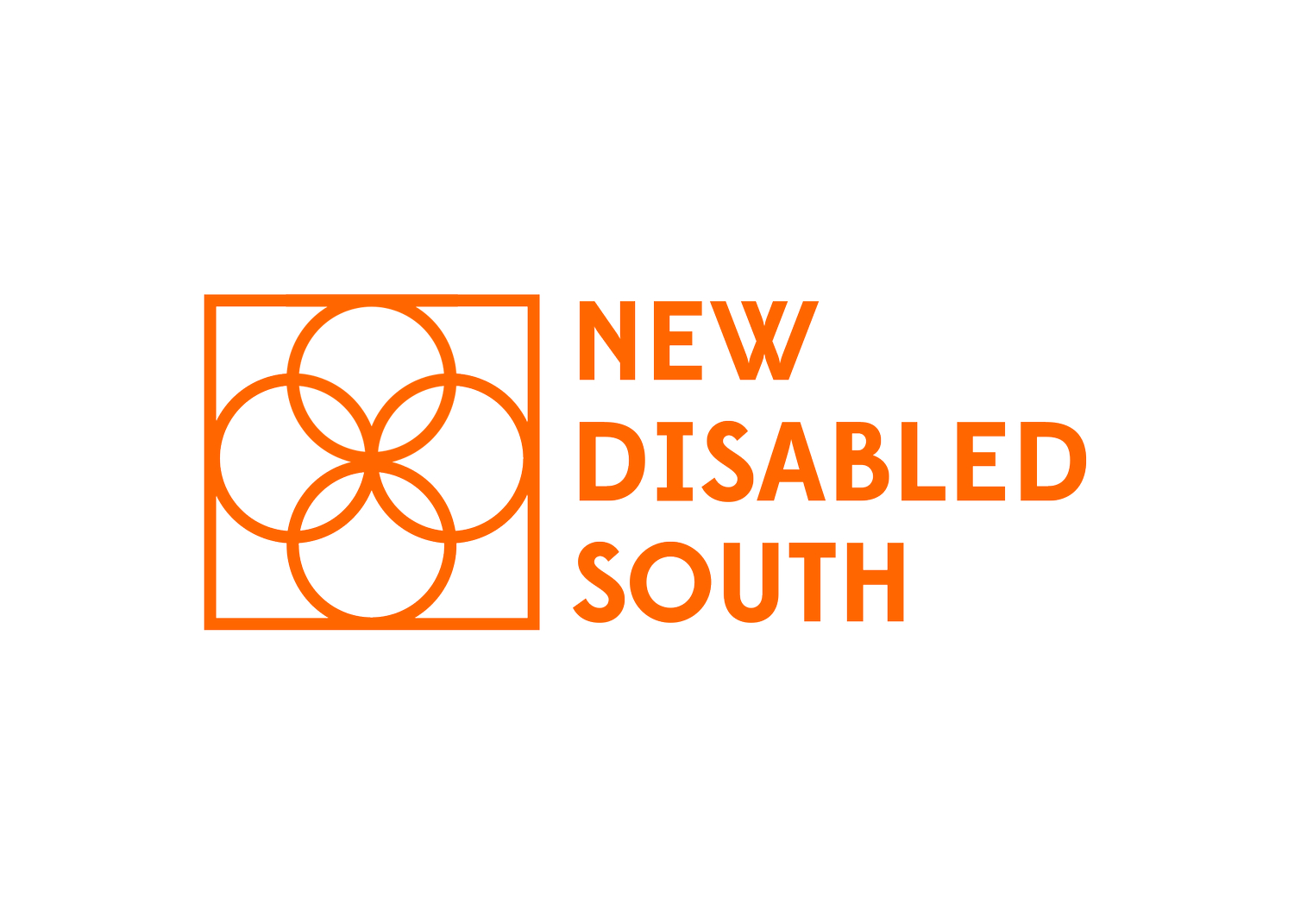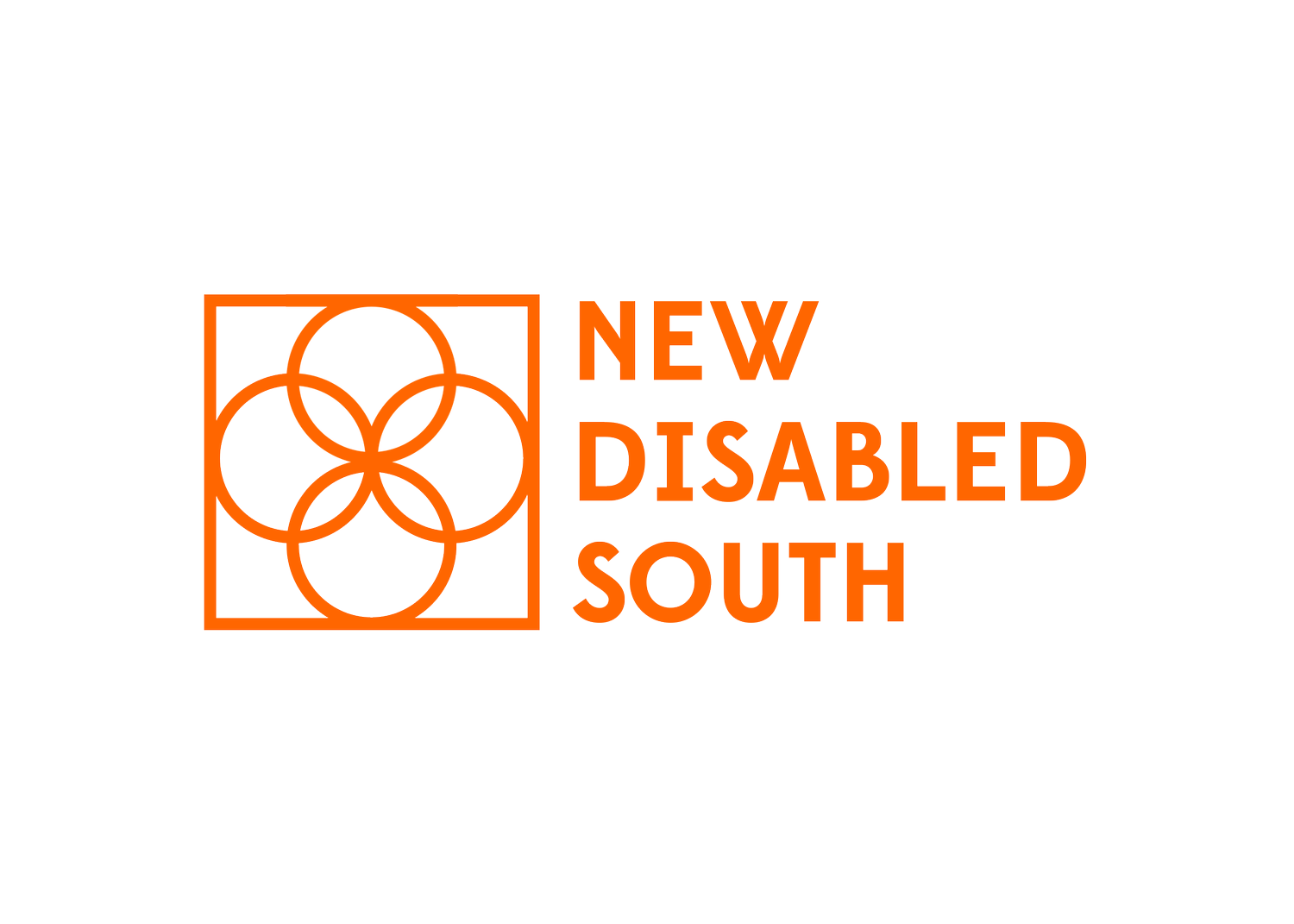Georgia Referendum A: Personal Property Tax Exemption Increase Measure (2024)
In 2024, voters in Georgia will be able to vote on changing the constitution in their state. The state constitution is a set of laws that say what the government can and cannot do. A change in the constitution is called an amendment. The constitution will change if enough people vote for the amendment.
Georgia: Personal Property Tax Exemption Increase is about increasing the amount of taxes people don’t have to pay on their personal property. If it passes:
In Georgia, people pay taxes on their property. This means they pay money to the government for things they own, like their house or car.
There's a special rule that says you don't have to pay taxes on some things, like your furniture or clothes. This is called an exemption.
Right now, the exemption is $7,500. That means people don't have to pay taxes on the first $7,500 worth of their property.
The change would make it where people don’t have to pay taxes on the first $20,000 of their property.
Voting “yes” for this amendment means you want it to become law.
Voting “no” for this amendment means you do NOT want it to become law.
Additional Context & Our Stance:
The current limit on the amount of belongings people did not have to pay taxes on was last raised over 20 years ago. Since then, the cost of equipment and supplies has increased due to inflation. Some say this change could help small business owners by lowering the taxes they have to pay on the equipment and supplies they need to run their businesses. The impact on disabled people depends on their personal or business situations and the balance between short-term relief and long-term effects on community services. Less taxes paid could mean less money for the public services that disabled people rely on.
Disabled voters and those who care about us should vote NO to Georgia Referendum A: “Personal Property Tax Exemption Increase Measure.”
Voting NO means you do not want to change the Georgia constitution and you want to keep the property tax exemption at its current level, maintaining the existing property tax revenue for local services.

